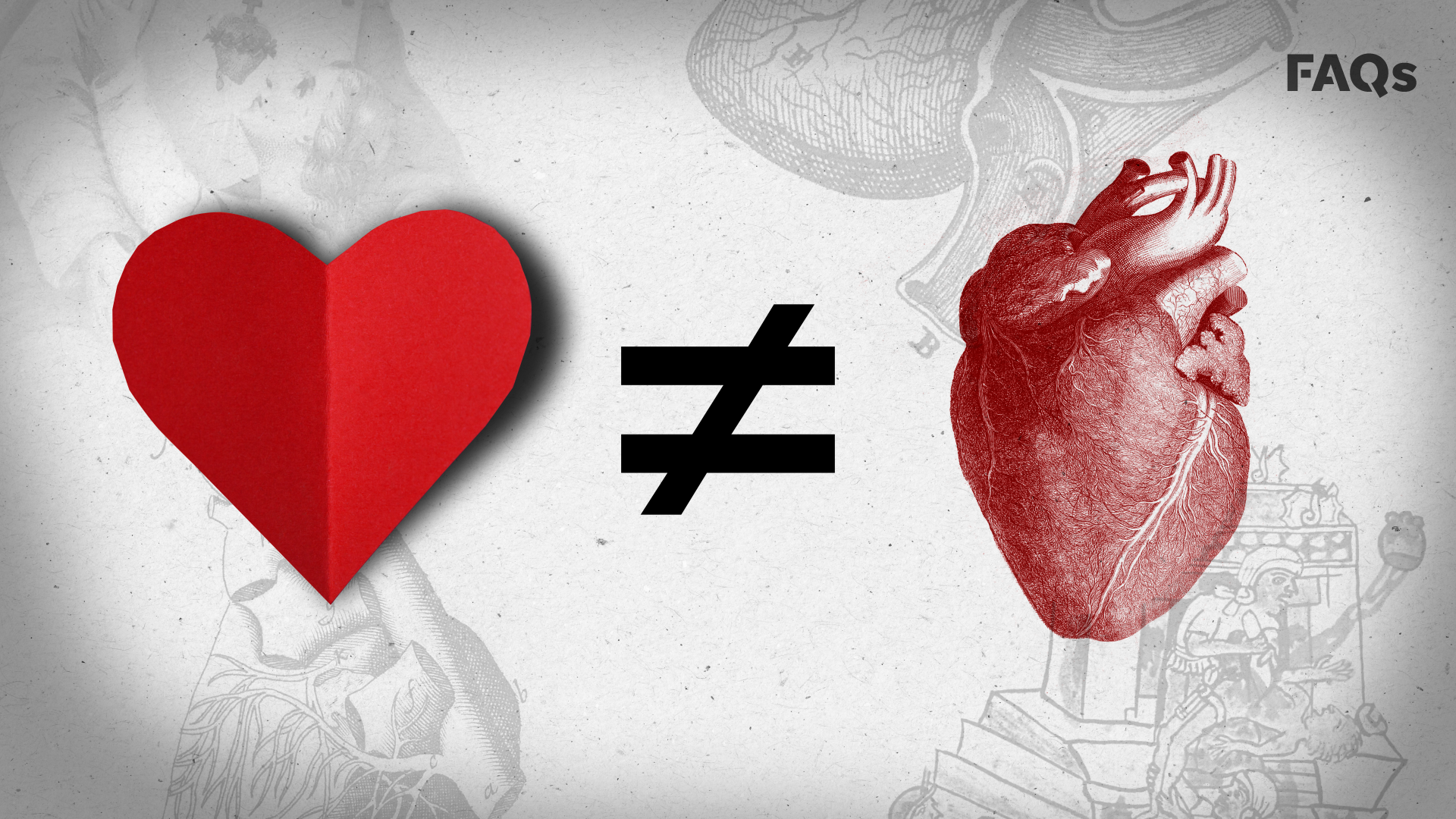"Probably the most unexplainable reality in all of the universe is how can you have everything and simply want something else that you've been told not to get. That's madness. You've got billions of dollars and you sell your soul for a quarter that you see on the ground."
-Dr. Dan Allender
(Professor of Counseling Psychology)
Humanity has the remarkable ability to adopt counterfeits of the true desires and goodness we were intended for. Sometimes the counterfeits are blatant mockeries of beauty and other times they aren't counterfeits at all--they're good things which distract us from better things. And while good things are indisputably to be sought, they are not designed to stand in the place of better things. Good things are intended to be pursued in addition to better things; not in the place of them. However, we occasionally, unknown to ourselves, attempt to replace better things with either good things, or blatant counterfeits.
I once heard an analogy which demonstrates this principal perfectly.
Imagine a soldier overseas, locked into unpleasant duty far from hearth and home. His days are hard and his nights are restless. Yet in all the undiluted stress and mental strain he goes through, he has one thing which picks him up and keeps him going. A worn, fading picture, cracked and broken along the folds; a picture of his wife. This sweet, two-dimensional rendering is what keeps this soldier going during his time overseas. Now imagine this soldier coming home. His time is up, his plane lands, the doors open, and he finds himself walking down the boarding ramp and into the arms of his anxiously awaiting spouse. But at the last second, as his wife runs to meet him, imagine him stopping and holding out his arms in rejection. "No thanks," he says. "I'm content with your picture."
In this story, we experience a shift. Suddenly the good, brilliant, beautiful element of the story, the picture, becomes an entity of harm and division. Suddenly this beautiful piece of paper, which got the soldier through his stressful days and sleepless nights, becomes the target of our anger. And rightly so. From the moment the soldier said those outrageous words, the good picture became something sinister, simply because it was valued higher than what was priceless.
Good things which keep us from priceless things are no longer good things.
You see, the sad fact is that many people today subconsciously communicate that our priorities are out of whack. We cling to a picture of goodness, rather than embrace goodness. Cute dogs get five times as much positive, public attention as cute babies do. By default, this means that dog owners get more public encouragement and affirmation than mothers. Deforestation gets more concern from mainstream society than do child mortality rates. Animal adoption is pressed with more passion and encouragement than child adoption. Within our schools and conversations, a person's career is is discussed more frequently, and is therefore portrayed as more important than his or her family and relationships.
Why do we do this? Many times we may exchange the better for the good because we've been wounded in the past by a poor concept of what the better really is. For example, a person who wishes to care for dogs the rest of his/her life instead of have children, may be under the impression that all children are brats. Someone who wishes to adopt social media as their sole source of interaction with others may have been scarred in the past by a harmful face-to-face experience. Parents who consider relational training less important than career training may do so because they, based on their own marriage, consider marriage and family a lost cause with a low chance of success. Someone who thinks that singleness is better than marriage, may think that way because they've had a negative marriages modeled for them by their parents or relatives. The point is that people often adopt a good option when they've had a painful experience with a flawed version of the priceless option.
Am I saying that good things like owning cute dogs, investing in your career, and protecting trees are bad things? Absolutely not. What I am saying is this: when good things are elevated above priceless things, beauty is morphed into vanity. To sacrifice the stunning, on the altar of our pain, in exchange for the merely good, is to trade our birthright for a bowl of soup.

Sources:
- The Heart of Man
- Jake Stringer
- Genesis


SO very well said! Excellent insights!
ReplyDelete